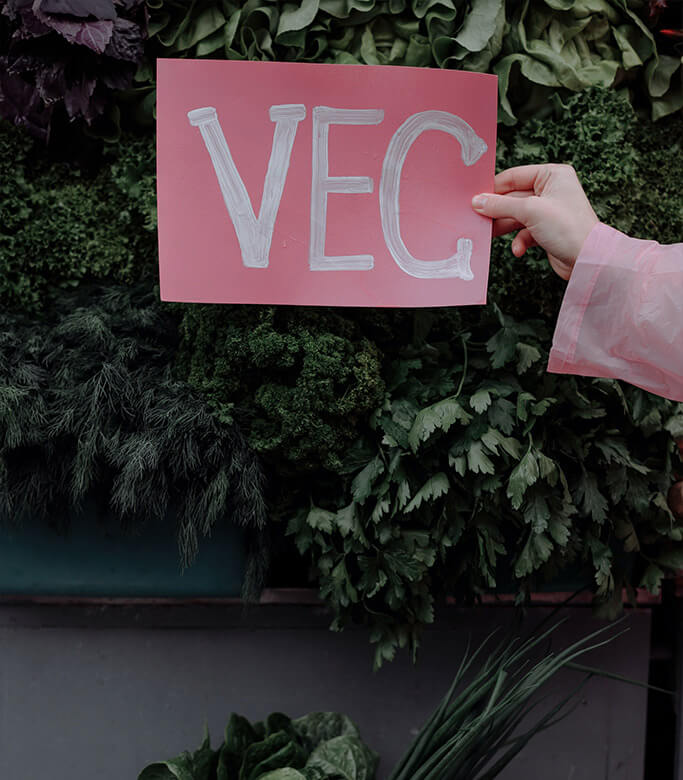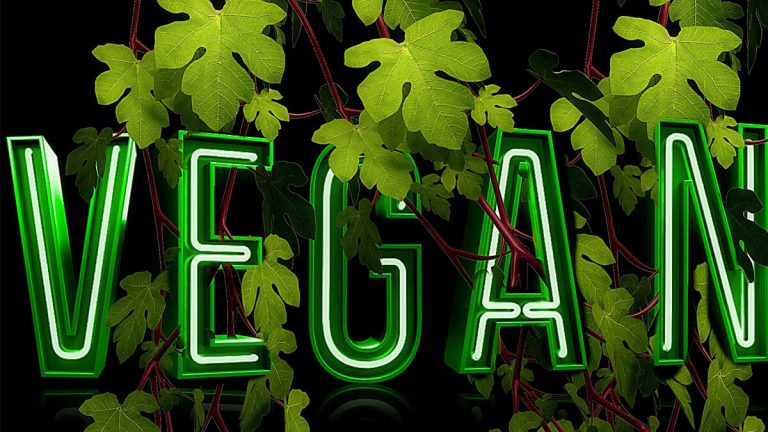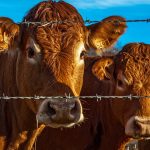The conversation around what veganism stands for has been going on for quite some time on social media. Can a movement with a focus on individualized behavior change the political spectrum? The answer is a simple yes. Naturally, humans are political beings. Therefore, every small action we take impacts our political scenery.
In Today’s column, we are entering the world of veganism as a movement. We will be talking about the impact of vegan consumption on the environment. Because, how many of you look at veganism as a movement rather than a diet? How many of us use the word “lifestyle” when asked why we are vegans?
There are, indeed, many reasons a person can become part of this movement without even realizing they are part of a movement. Some are here because they want to be healthier, others because they want to save the environment, others because they love animals. And these are all valid, honorable, proud reasons to go vegan. But why is it taking us so long to push this narrative to our political parties?
I made the choice to be vegan because I will not eat (or wear, or use) anything that could have an emotional response to its death or captivity. I can well imagine what that must feel like for our non-human friends – the fear, the terror, the pain – and I will not cause such suffering to a fellow living being.
Rai Aren
By now, you already know that everything in this world is intertwined. If you want to talk about the environment, you need to address the multi-millionaire companies that are constantly polluting that so environment. And to address the multi-millionaire company, we must address the other elephant in the room: politicians that legally allow these companies to pollute the earth without any retaliation.
Do you follow me? It is impossible – unless we ignore the issue, to speak about what we eat, especially in veganism, without discussing the effects politics have on our plate. Let’s get deep.
Also Read: Understanding the meat analogue

You go to the supermarket, and you are vegan, searching every corner of those shells to find some vegan butter (who doesn’t love a good butter?), and then you find one that comes from the brand Alpro, you would buy it, right? It is cruelty-free, no animal exploitation, so what’s the problem? The problem is that Alpro was recently bought by major company Danone, which a year earlier was exposed by Cruelty-Free International for animals testing.
So, what do we do? At this point, veganism is another thing that is now being exploited by multinational companies. And reducing the movement to simple things such as choosing which products you consume will only lead us to more problems.
For example, if you’re only concerned is buying vegan products, regardless of where it comes from, it still negatively affects the environment. In Mexico, more forests are being cut down to make space for the plantation of avocados. It’s that sustainable just because they are avocados?
Of course, choosing to eat vegan will always positively impact our planet, but consuming products without questions about where it is coming from is like trying to cover the sun with an umbrella full of holes.
To think veganism is a political act is to think logistically. It is not better for the environment if you mass consumes, even if what you consume are vegan products. You are still generating more. Therefore, we will still have massive production and an enormous amount of waste. To think about veganism as a political act is to disrupt the system is to question how the food industry works, recognize they are prejudicial for our life as a society, and choose a different path.
Your choices, as a vegan, will decide whether that multi-millionaire company will end up wealthier or not. In a capitalist world, you must think of your consumption habits. Is it necessary to buy a vegan face cream even if you have a brand new one at your house? Isn’t it better to use what we already have instead of generating more products in a world that it’s already saturated by it?
Adding more burden to the earth we want to save is not the right direction. So, as vegans, we must reevaluate our place in a system that makes a profit out of everything we do, and we must choose a different position. As naturally political beings, we have the power within our actions to push legislation, federation laws, and agendas through a more sustainable direction.
We just need to make smarter choices. Instead of focusing on how pretty and healthy your plate is, start questing where does our food comes from. Who was behind the production? Who is profiting from this product?
Veganism & the Environment
 If we wish veganism to be useful for the environment, we will need to place activism over companies capitalization. Support your local businesses, support reforestation, support animal sanctuaries. Because to be vegan is to question the logic of our system.
If we wish veganism to be useful for the environment, we will need to place activism over companies capitalization. Support your local businesses, support reforestation, support animal sanctuaries. Because to be vegan is to question the logic of our system.
The activist and writer Peter Gelderloos brilliantly explained with the following statement: If everyone or nearly everyone in wealthy countries adopted a vegan diet, the meat industry would collapse, but other industries and our current system as a whole would continue, leaving us with the contradiction of liberating animals but still negatively impacting the environment.
Besides that, making political choices that will result in better legislation and protection to animals and the environment is also a way of taking the movement out of the corners of pure consumption. We know it is hard to talk about politics in a world where money seems to be the government’s priority. Nevertheless, it is our civic duty to choose our politicians, to pressure them into making eco-friendly choices, to ask for better.
Veganism is about dismantling a system of oppression that depends on the abuse e exploitation of animals. Therefore, we need to fight against all parts of the industry that are currently oppressing minorities and the environment.
To do that, we need to bring politics into our veganism debate because they are not interchangeable matters. They walk side by side. For one to succeed in its purpose, it needs the cooperation of the other. We also need to be active and constantly engaging with others.
It’s time to educate ourselves.


